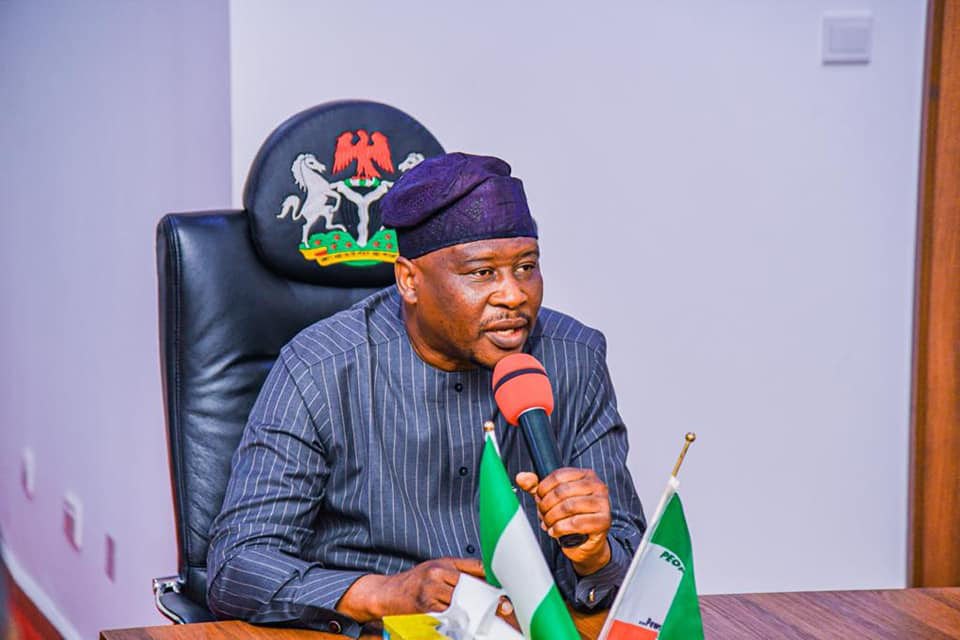Nigeria is taking steps to streamline its export permit process in a bid to bolster foreign exchange liquidity, according to the Minister of Industry, Trade, and Investment. Working in collaboration with the Customs Service, the Central Bank of Nigeria (CBN), and the Ministry of Finance, the government aims to automate the export permit process to enhance transparency and ensure accurate repatriation of export proceeds.
These initiatives are part of a broader strategy to strengthen liquidity in the foreign exchange market and stabilize the Nigerian currency. Recently, the CBN adjusted the allowable price deviation limits for exports and imports, discouraging practices such as over-invoicing, which can divert foreign exchange from the country.
Minister Doris Uzoka-Anite emphasized the ongoing efforts to digitize the export permit process, enhancing visibility and accountability. Speaking at a Ministerial Press Briefing in Abuja, she highlighted the collaboration among government agencies to facilitate a transparent and auditable export framework.
In addition to regulatory reforms, Nigeria has attracted over $30 billion in investment commitments from both international and local investors across various sectors. Minister Anite underscored the significance of this influx, citing it as a vote of confidence in Nigeria's economy.
These commitments span diverse industries, including manufacturing, infrastructure, and energy. Investments from countries like India and the UAE, as well as partnerships with organizations like the Confederation of Indian Industries, demonstrate Nigeria's growing appeal as an investment destination.
Specifically, significant investments have been pledged to Nigeria's steel sector, with a leading Indian manufacturer committing $7 billion. Additionally, the oil and gas sector has seen substantial interest, with $10 billion earmarked for the oil and gas free zone.
Furthermore, the Nigerian Bottling Company has already invested $1.3 billion over the past decade, with plans for an additional $1 billion investment over the next five years, highlighting ongoing confidence in Nigeria's market potential.







